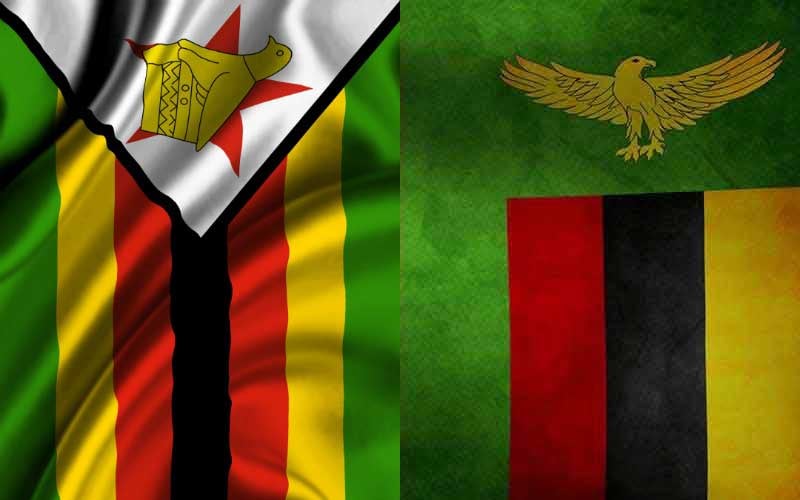On Thursday, Zambia announced a significant step to address its worsening power crisis by importing electricity from neighboring South Africa and Zimbabwe. The move comes as the country faces an unprecedented drought that has sharply reduced hydropower output, resulting in blackouts of up to 16 hours a day.
Energy Minister Makozo Chikote revealed that ZESCO, Zambia’s state-owned power company, will acquire 218 megawatts of electricity from South Africa’s Eskom and the Zimbabwe Power Company. Chikote indicated that the additional power is expected to be integrated into Zambia’s grid within August.
The crisis has reached a critical point, with ZESCO forced to curtail power supplies to approximately eight hours per day due to severely low water levels in the nation’s dams. Hydropower, which supplies around 80 percent of Zambia’s electricity, has been severely impacted by the drought. By the end of July, ZESCO was only able to meet less than half of the country’s peak electricity demand, resulting in a power deficit of approximately 1,360 megawatts.
In response to the situation, the Zambian government declared a national disaster in February, attributing the drought to climate change and the El Niño weather phenomenon. The drought has been described as the worst on record, with some regions receiving less than 50 percent of their usual annual rainfall, according to the World Food Programme. This has led to substantial crop failures, livestock deaths, and widespread food and water shortages, affecting millions of people.
To alleviate the impact of the blackouts, the government is implementing several measures. Diesel generators are being deployed to hospitals, schools, and other critical facilities to ensure their continued operation. Additionally, there is an emphasis on accelerating private investment in power generation and a new policy to allow tax-free imports of solar power equipment, which is expected to bolster the country’s renewable energy capacity.
Minister Chikote highlighted that the ongoing outages are significantly hampering economic activity, with small businesses being particularly hard-hit. The government’s interventions aim to mitigate the adverse effects on daily life and support the broader economy during this challenging period.
In other news – Foreign tourist detained in Zimbabwe for allegedly spreading false information
In a curious legal entanglement in Masvingo, Zimbabwe, two foreign tourists have found themselves in the spotlight after being arrested under unusual circumstances. Lucas Slavik, a national from the Czech Republic, and Tom Ssekamwa from Uganda were brought before a magistrate facing distinct and controversial charges.
According to the Masvingo Mirror, Slavik is charged with spreading falsehoods after he recorded a video alleging ongoing issues with water shortages and power cuts in Zimbabwe. The video, which Slavik made after witnessing a disturbance outside his lodging at Back Packers Lodge—where he saw people reacting to a vehicle accident—also commented on high prices and economic difficulties in Zimbabwe. His recording drew the attention of local police, who charged him with disseminating false information. Read More
